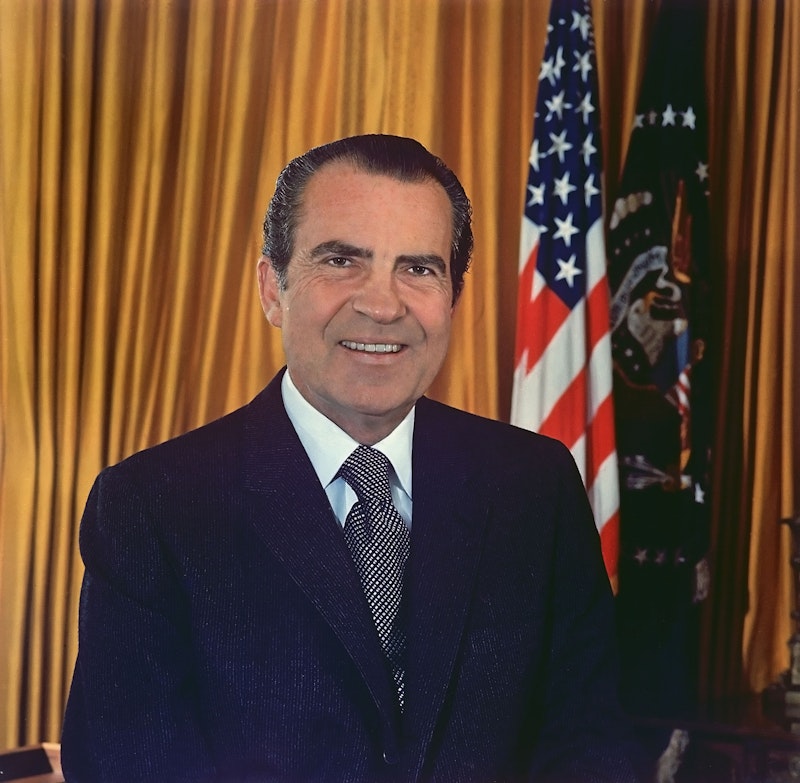Study Notes
United States v Nixon 1974
- Level:
- A-Level
- Board:
- AQA, Edexcel, OCR, IB
Last updated 22 Mar 2021
This Supreme Court case, issued towards the end of the Watergate Scandal, limited the powers of the US President with regards to executive privilege.

Background to the Case:
In the run up to the General Election in 1972, the Democratic Headquarters at the Watergate Hotel were broken into. The Nixon Administration appointed a special prosecutor to investigate the break in. In 1974, the special prosecutor issued a subpoena ordering Nixon to release tapes and papers of meetings with people who had been indicted by the grand jury set up. It was believed that these tapes would contain vital evidence that was incriminating for the men already indicted and potentially Nixon himself.
Despite attempts to work around the subpoena by publishing redacted transcripts of the tapes, Nixon was still ordered to turn over the tapes. Nixon and the special prosecutors appealed directly to the Supreme Court to hear the arguments.
The Case:
Nixon’s defence in the case was that he was bound by executive privilege, in which conversations and all communication between himself and those who assist him are confidential. However, the Court did not agree with Nixon. The Court ruled that the tapes probably did contain information vital to the investigation led by the Special Prosecutor, and rejected outright Nixon’s claim to executive privilege.
The ruling itself meant the tapes would be turned over to the Special prosecutor for investigation, which would have started the impeachment proceedings against Nixon. However, as a fall out from the case, Nixon resigned just over a fortnight after the ruling was unanimously handed down.
You might also like
US Supreme Court Cases to Watch
28th September 2015
The Bill of Rights
Study Notes
Impeachment
Study Notes

The 8th Amendment and the death penalty - back on the radar
20th October 2015
Imperial Presidency
Study Notes

US gerrymandering and representation - in the hands of the Supreme Court
14th December 2015
A liberal Supreme Court?
6th January 2016

Ted Cruz and the super Super PACs
11th January 2016